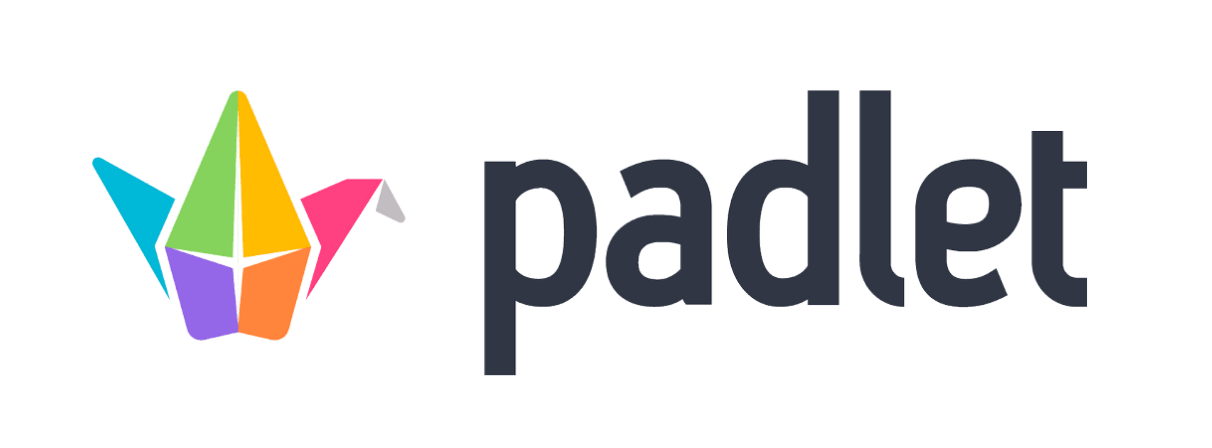Professional development and lifelong learning are crucial for career advancement and personal growth. Padlet, with its versatile and collaborative platform, serves as an excellent tool for professionals seeking to expand their knowledge and skills continuously. This article explores how padlet.wiki can be used to facilitate professional development and support lifelong learning across various industries.
Creating Learning Communities:
Professional Networks: Padlet can be used to create networks where professionals share industry news, insights, and resources. These networks serve as dynamic learning communities where members can grow together.
Mentorship Programs: Establish Padlet boards for mentor-mentee interactions, allowing for the sharing of advice, resources, and feedback in a structured manner.
Organizing Workshops and Webinars:
Event Planning: Professionals can use Padlet to organize and promote workshops, webinars, and seminars. The platform can host schedules, speaker bios, resource materials, and interactive Q&A sessions.
Follow-up and Networking: After events, the same Padlet can facilitate ongoing discussions and networking, helping participants connect and collaborate beyond the event.
Documenting and Sharing Knowledge:
Knowledge Repositories: Create thematic Padlet boards to serve as repositories where professionals can contribute case studies, white papers, and best practices.
Continuous Learning Modules: Design learning modules on Padlet where professionals can access and complete courses at their own pace, encouraging self-directed learning.
Feedback and Reflection:
Performance Feedback: Use Padlet for 360-degree feedback sessions where colleagues can anonymously post constructive feedback, fostering professional growth and development.
Reflection Boards: Professionals can use Padlet to maintain personal reflection boards, documenting learning experiences, achievements, and future goals.
Career Development:
Career Pathways: Padlet can illustrate potential career paths within an organization or industry, showing different roles and the skills required for each, guiding professionals in their career decisions.
Job Boards: Organizations can maintain job boards on Padlet, posting openings and opportunities, both internally and in the wider industry, aiding in career advancement.
Innovative Uses in Specific Industries:
Healthcare: Medical professionals can use Padlet to share clinical updates, new research, and case discussions, ensuring they stay informed about the latest advancements in medicine.
Education: Educators can share pedagogical strategies, lesson plans, and educational technology tools, promoting best practices in teaching and learning.
Technology: IT professionals can use Padlet to keep up with rapidly evolving technologies, sharing coding tutorials, software updates, and security protocols.
Conclusion:
Padlet provides an engaging and flexible platform for professionals to engage in continuous learning and career development. By leveraging Padlet’s collaborative features, professionals can maintain a competitive edge in their fields, stay updated with industry trends, and develop meaningful professional relationships. Whether through organized educational activities or informal knowledge sharing, Padlet is an invaluable resource for fostering a culture of lifelong learning and professional growth.
